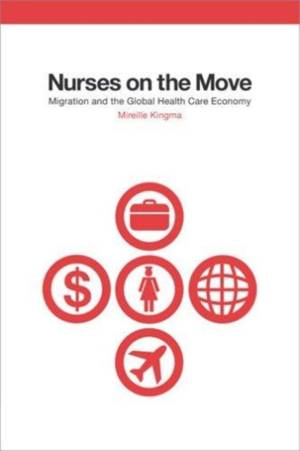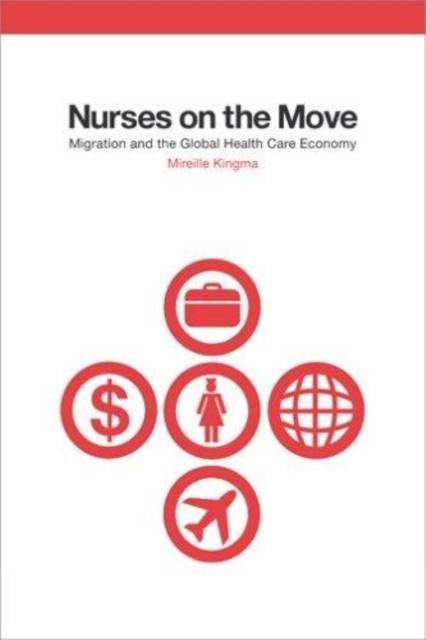
- Retrait gratuit dans votre magasin Club
- 7.000.000 titres dans notre catalogue
- Payer en toute sécurité
- Toujours un magasin près de chez vous
- Retrait gratuit dans votre magasin Club
- 7.000.000 titres dans notre catalogue
- Payer en toute sécurité
- Toujours un magasin près de chez vous
Description
South African nurses care for patients in London, hospitals recruit Filipino nurses to Los Angeles, and Chinese nurses practice their profession in Ireland. In every industrialized country of the world, patients today increasingly find that the nurses who care for them come from a vast array of countries. In the first book on international nurse migration, Mireille Kingma investigates one of today's most important health care trends.
The personal stories of migrant nurses that fill this book contrast the nightmarish existences of some with the successes of others. Health systems in industrialized countries now depend on nurses from the developing world to address their nursing shortages. This situation raises a host of thorny questions. What causes nurses to decide to migrate? Is this migration voluntary or in some way coerced? When developing countries are faced with nurse vacancy rates of more than 40 percent, is recruitment by industrialized countries fair play in a competitive market or a new form of colonialization? What happens to these workers--and the patients left behind--when they migrate? What safeguards will protect nurses and the patients they find in their new workplaces?
Highlighting the complexity of the international rules and regulations now being constructed to facilitate the lucrative trade in human services, Kingma presents a new way to think about the migration of skilled health-sector labor as well as the strategies needed to make migration work for individuals, patients, and the health systems on which they depend.
Spécifications
Parties prenantes
- Auteur(s) :
- Editeur:
Contenu
- Nombre de pages :
- 288
- Langue:
- Anglais
- Collection :
Caractéristiques
- EAN:
- 9780801472596
- Date de parution :
- 15-11-05
- Format:
- Livre broché
- Format numérique:
- Trade paperback (VS)
- Dimensions :
- 150 mm x 226 mm
- Poids :
- 376 g







